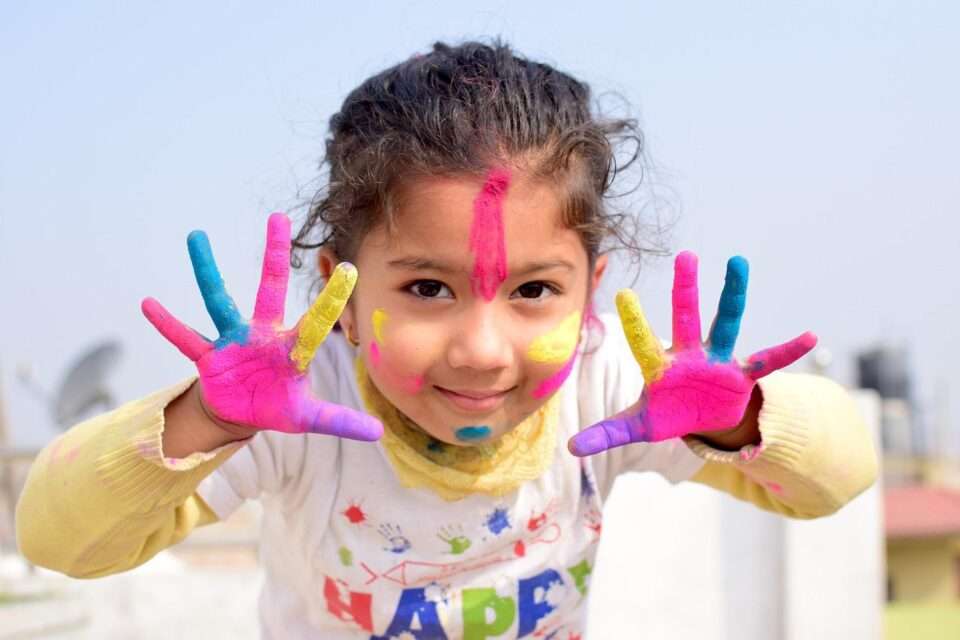In our fast-paced, busy lives, it can be difficult to find time for things that help us feel in control and productive. One way to do so is with a daily schedule.
As soon as possible, create a schedule for your kids. They will learn their routine more quickly and be more productive if they know what should happen next.
If you teach them what to expect, they will be less likely to feel anxious or unprepared when changes are introduced.
The expected routine helps children anticipate the day ahead and gives them the ability to comfortably focus on activities that follow the schedule because they always know what is next.
How Scheduling Affects Your Kids
Research has shown that imposing structure on kids actually helps them grow up more independent and better prepared to tackle the world.
A schedule helps kids to learn that they have a predictable life and that there are ways to make the most of the time they have.
They are able to feel more control over their time because they know what will happen next. This in turn can help them feel less anxious about what is coming up in the day or week.
Scheduling Time For Yourself And Your Child
If you find it hard to add in daily schedule time for yourself, try building it into your kids’ schedule instead.
While it’s important to plan and schedule family things to do, looking after yourself and your own relationship is also critical.
Happy parents make better parents after all.
Healthy Sleep Habits
Spontaneous playtime and mealtimes can lead to an erratic sleep pattern for your child which will affect their performance and their outlook for the day.
Lack of structure can lead to disruptions in the circadian rhythm, which will impact the child’s sleep cycle, because the child is unable to adapt if they wake up or go to bed at different times from usual, it is important that schedules are created and adhered to on a day-to-day basis if this is a problem.
Creativity From Structure
Structure helps children focus on a goal or task at hand by forcing them to master techniques for complete mastery of whatever it is they are trying to achieve.
This leads to more happiness and creativity because they have found their own way of doing things and can work independently with little supervision.
Developing Social Skills
While this may not seem like much of a benefit, it is important that your child know how to interact with other people safely and appropriately.
Children who feel alright about themselves when they are in the company of others are more likely to enjoy both their own time and the time they spend with others.
They will also learn that they can rely on friends to have their backs when they need them, which leads to strong friendships.
Knowledge of what happens next helps children stay on-task and work towards goals because there is no waiting for stimuli or action from another individual.

